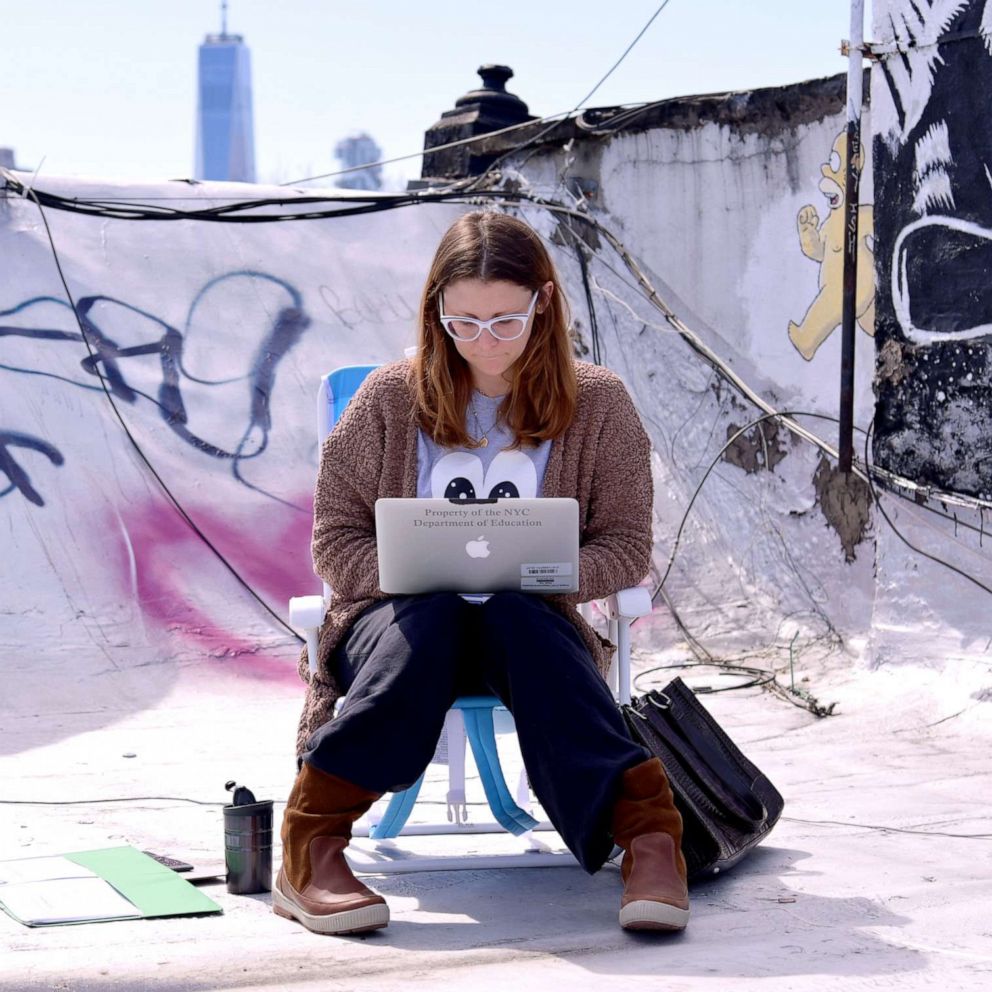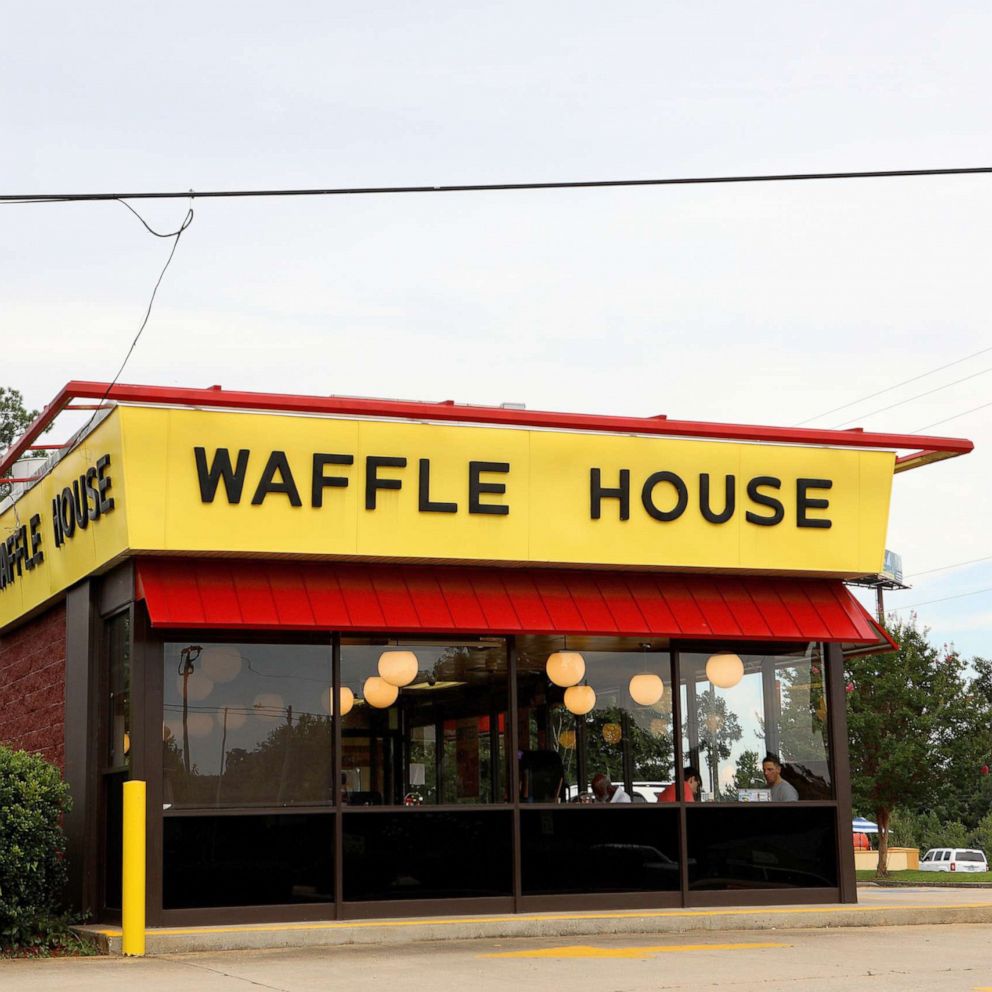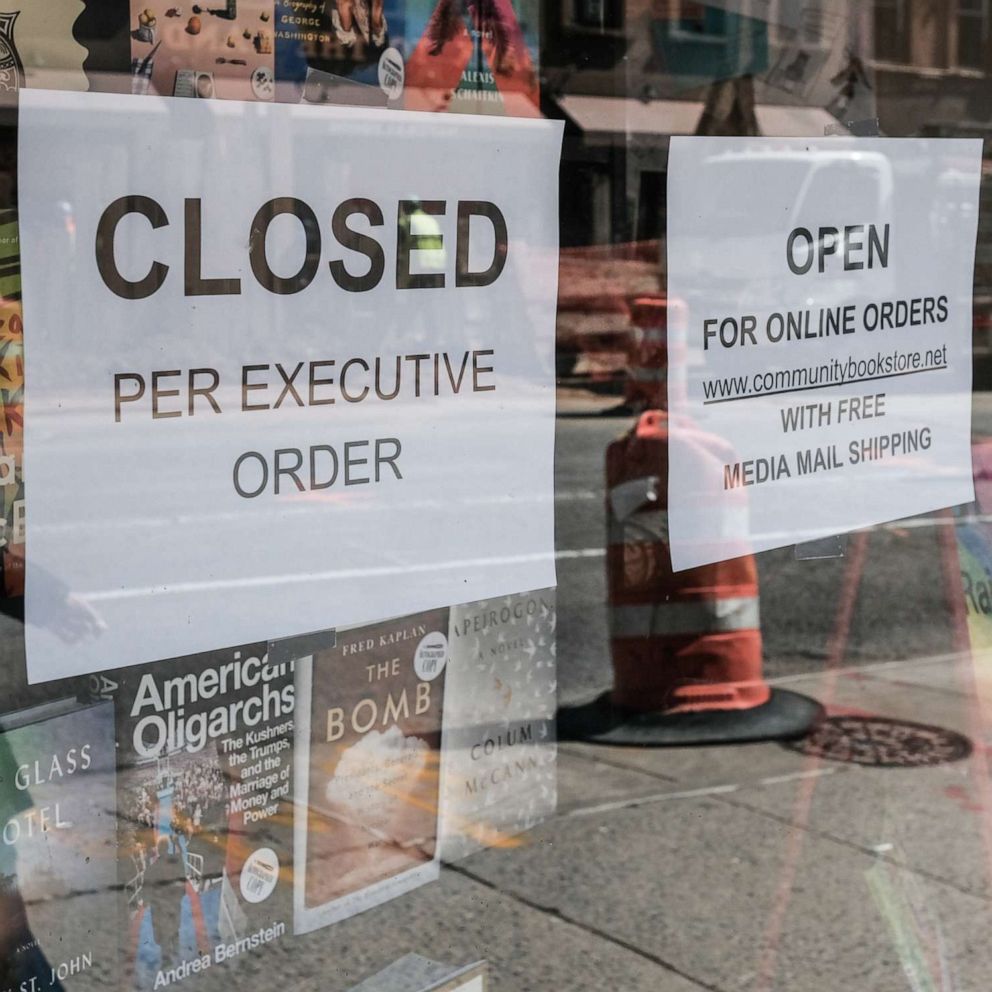Coronavirus economic updates: Dow, S&P have their worst month since financial crisis
The health crisis has increasingly become an economic one.
The coronavirus pandemic has quickly evolved from a health crisis to a financial one, shuttering businesses, upending entire industries and sending financial markets reeling.
Here's the latest news on how the COVID-19 crisis is affecting the economy. For more on financial resources available during the pandemic, click here.
The Dow has its worst first quarter in history
Markets fell again in the late hours of Tuesday's trading session, with the Dow Jones Industrial Average closing down more than 400 points, or 1.84%. The S&P 500 slipped 1.6% and the Nasdaq was down by 0.95% at the close.
The S&P 500 saw its biggest quarterly decline since the financial crisis of 2008. For the Dow, it was the worst first quarter -- ever.
Global markets have swung widely for weeks amid the ongoing COVID-19 crisis.
The U.S. has become the new epicenter of the outbreak, with more than 164,000 diagnosed cases of the novel coronavirus. At least 3,170 people have died from COVID-19 in the U.S.
Among the worst performers for the Dow Tuesday were American Express, Home Depot and Procter & Gamble.
Demand for oil has also fallen sharply amid the pandemic. International Brent crude oil hovered at around $23 a barrel Tuesday and American West Texas International crude oil was approximately $20 a barrel. Both have plummeted to their lowest levels in years.
On Monday afternoon, House Speaker Nancy Pelosi signaled that priorities for the next coronavirus economic stimulus package could include more protections for health care workers as well as an infrastructure element.
Pelosi added, however, that the next bill likely won't get a vote until mid to late April.
"I would not suspect that we would have any bipartisan legislation before we return after Easter and Passover," she said. "But we’re getting ready -- and in some cases we are ready."
JCPenney to temporarily furlough a majority of employees
Retailer JCPenney announced Tuesday it will extend the temporary closure of its stores and temporarily furlough the majority of its hourly associates due to the COVID-19 crisis.
"These are difficult days all across the country and the globe. At JCPenney, we are making tough, prudent decisions to protect both the safety of our associates and the future of our Company," Jill Soltau, the CEO of the company, said in a statement. "We remain optimistic about JCPenney’s ability to weather this pandemic. We also believe these short-term solutions will have a long-term benefit for our associates, customers, and key stakeholders as we look forward to the day that we reopen our doors."
All furloughed employees who currently are enrolled in health benefits through the company will continue to receive their health benefits "and the company plans to cover 100 percent of employee-paid premiums for the duration of the furlough," according to the statement.
On Monday, Gap and Macy's also announced they were furloughing a majority of employees as the industry takes a massive hit from the COVID-19 outbreak.
Walmart announces temperature checks of employees
Walmart announced Tuesday new steps to deal with the spread of COVID-19 while staying open and operational amid the pandemic.
The massive retail chain said it will begin taking temperatures of all store associates when they report to work and is installing infrared thermometers at all locations. An associate with a temperature of 100 degrees "will be paid for reporting to work and asked to return home and seek medical treatment if necessary. The associate will not be able to return to work until they are fever-free for at least three days," the company said.
Masks and gloves will also be available "as supplies permit" for associates who wish to wear them.
The measures come as employees at other companies, including Amazon and Whole Foods, have walked off their jobs, demanding more measures be taken to protect them from the virus at work.







